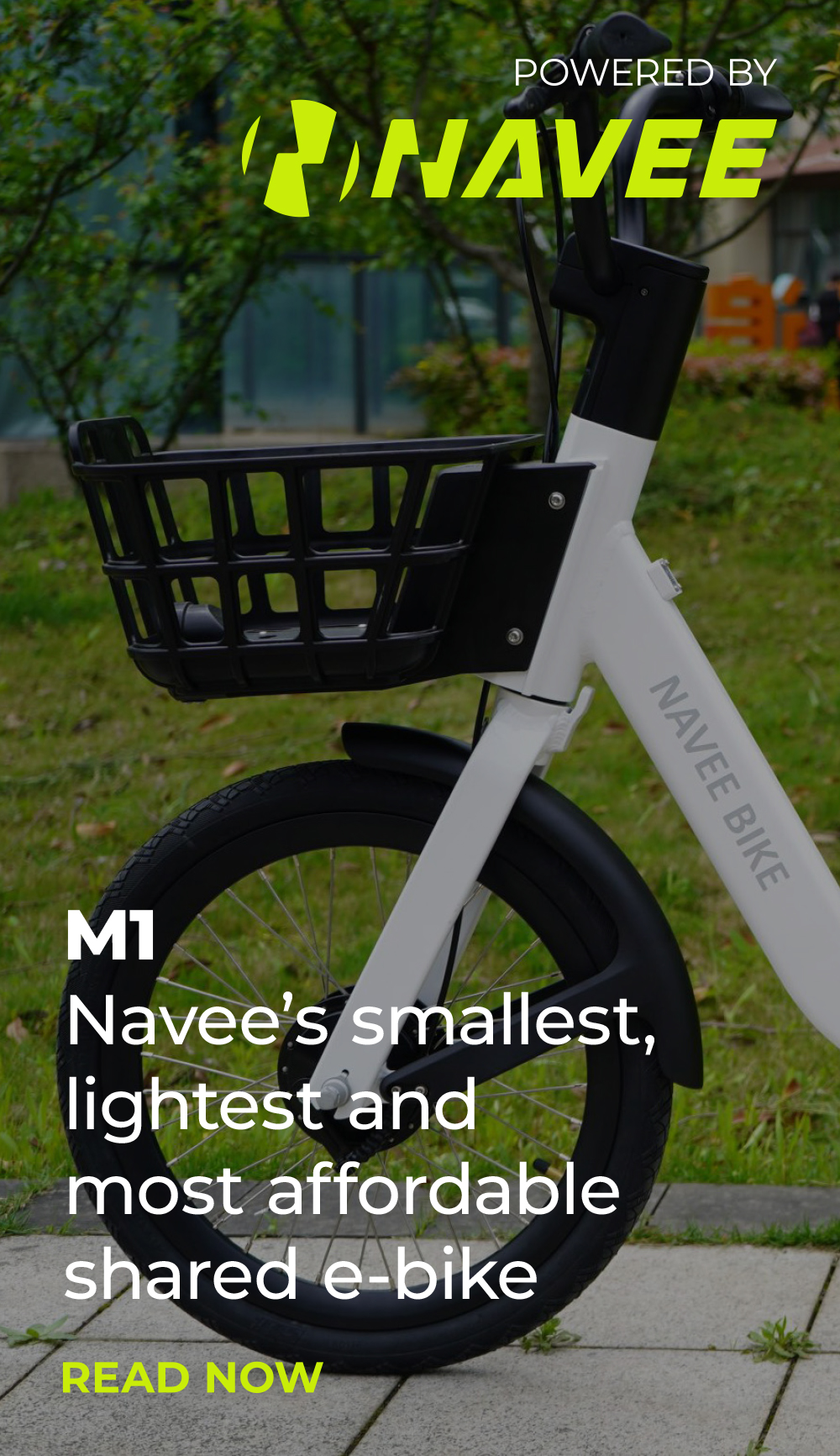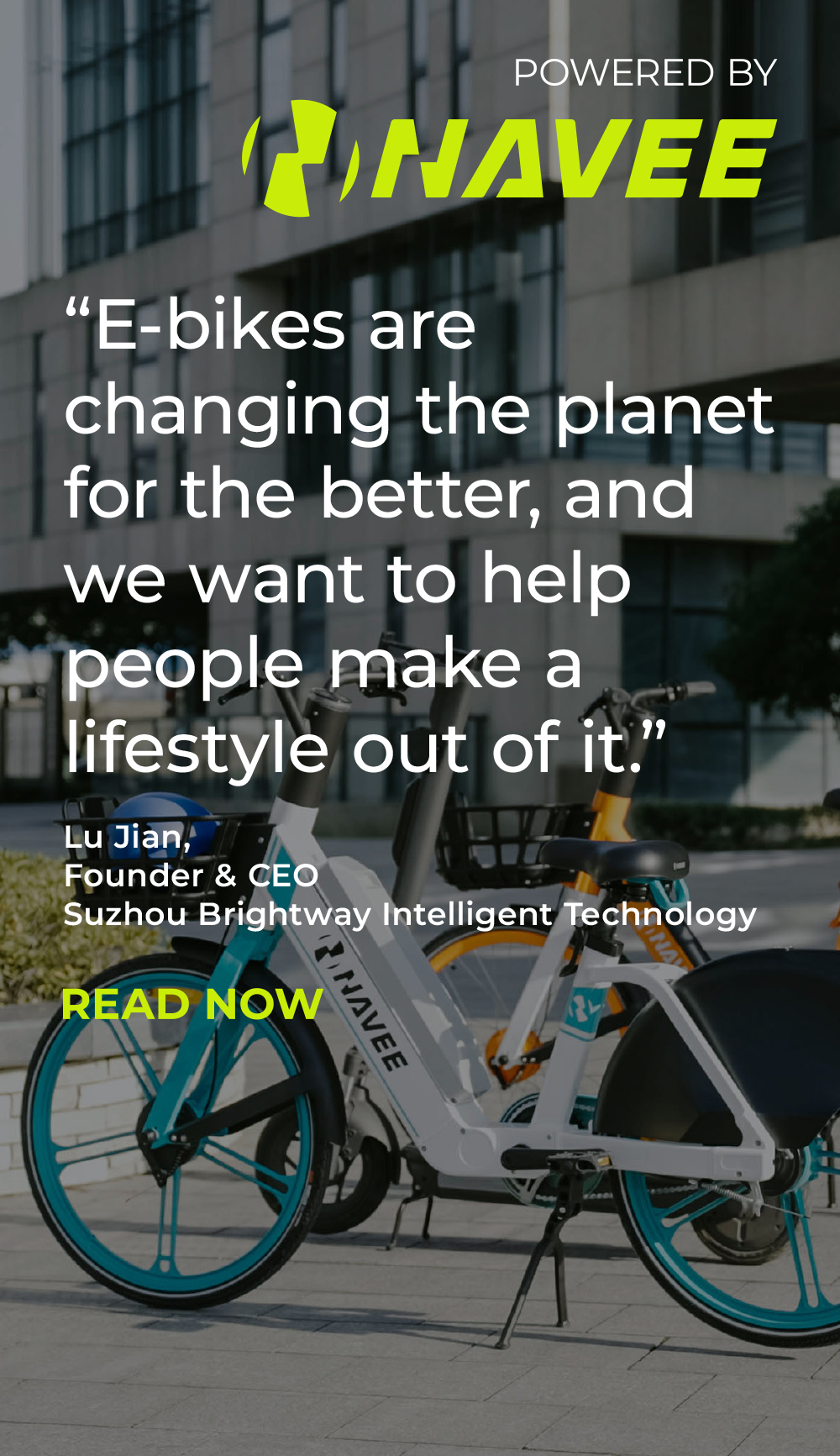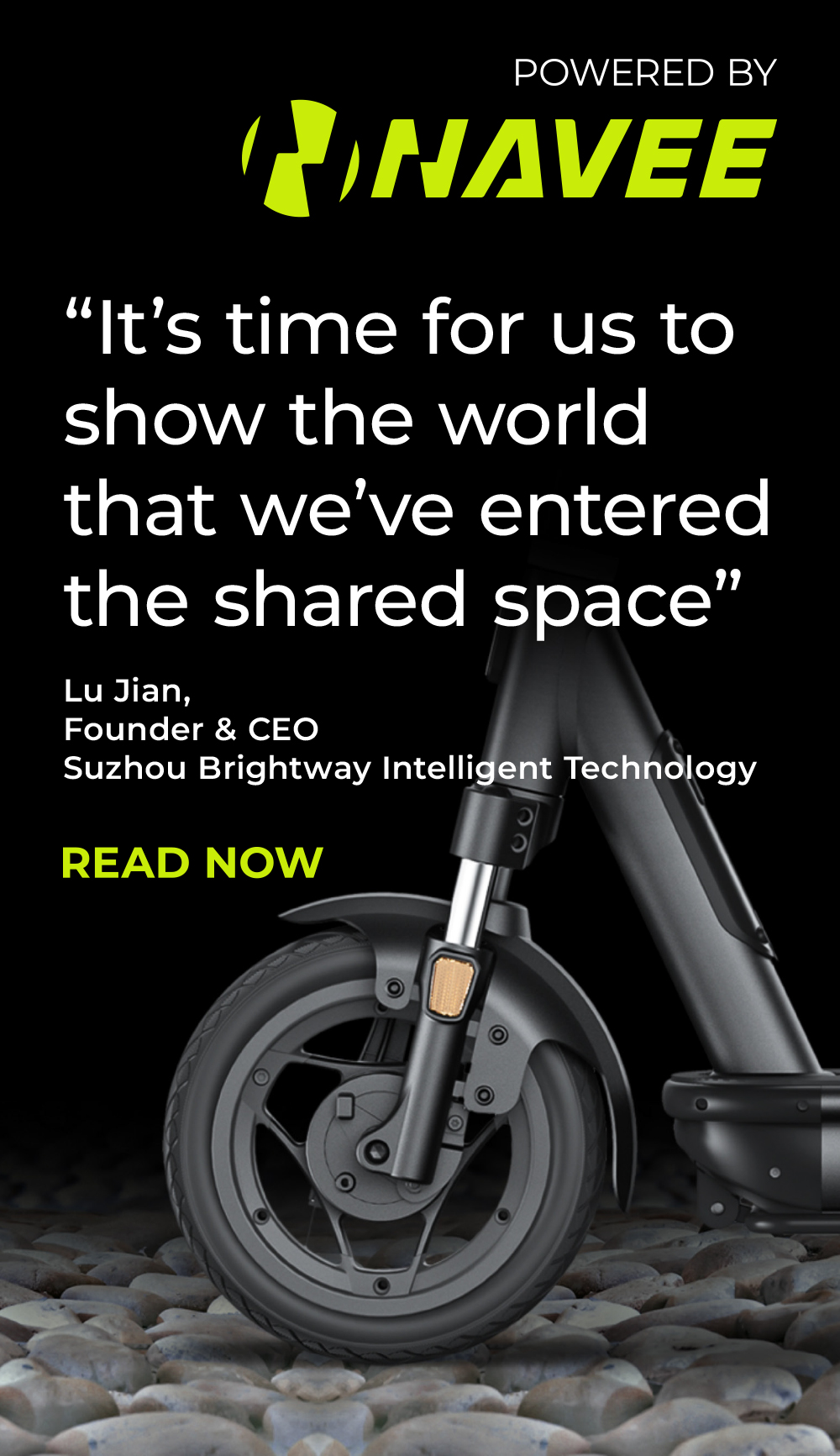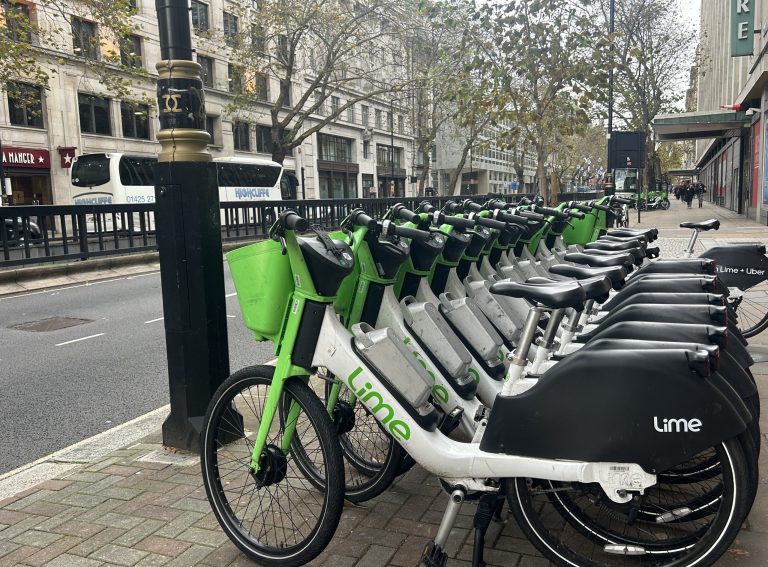Zaragoza is launching a new public bikeshare system, Bizi, as part of its urban sustainability strategy for transportation.
Lyft Urban Solutions (formerly known as PBSC) and Serveo have been awarded a multi-million euro contract to deploy 2,500 fully electric bikes and 276 stations, of which 207 will be charging stations. Lyft Urban Solutions will supply the hardware and software, and Serveo will operate the system.
The new Bizi public system will be a powerful tool for sustainable transportation. Building off of the global e-bike boom, Bizi will feature a fully electric e-bike fleet and charging stations. E-bikes have proven around the world to accelerate bikeshare adoption, and charging stations are capable of quickly and automatically recharging e-bike batteries as soon as the bike is docked. This ensures e-bikes are available for riders, while also eliminating operational “VMT” (vehicle miles travelled by operations vans for battery swapping).
How will Bizi be implemented
The first 1,000 Bizi e-bikes and first 100 stations will go live this month, reaching all districts of Zaragoza by the end of the year. Bizi will feature Lyft Urban Solutions’ brand-new mobile app to deliver an enhanced and streamlined user experience for riders to locate and unlock bikes.
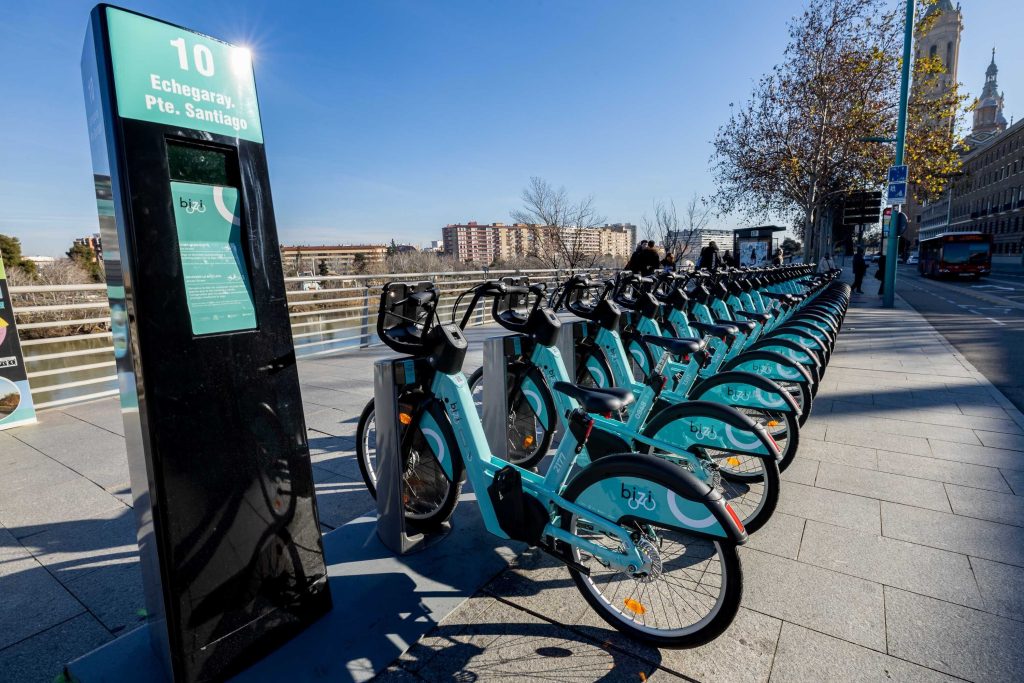
Lyft, a leading innovator in personal transportation, acquired PBSC Urban Solutions more than two years ago. Lyft Urban Solutions now powers bike and scooter share in 57 cities across 16 countries with station-based micromobility solutions across the world. Programs include Bicing in Barcelona, Santander Bikes in London, and Citi Bike in New York City.
This is the sixth bike share solution Lyft Urban Solutions will have deployed in Spain including Bicing in Barcelona, Bicimad in Madrid, Biki in Valladolid, Bicicoruña in La Coruña, and dBizi in San Sebastian. It is also the sixth fully electric fleet Lyft Urban Solutions will have deployed globally, along with schemes in Quebec, Dubai, Medina, Austin and Madrid.
Mayor of Zaragoza, Natalia Chueca, described the partnership as a “great leap forward in public and sustainable mobility”.
E-bikes set the pace in Spain
E-bikes are rapidly becoming a preferred transportation option because they combine the convenience of cycling with the ease of electric assistance. They enable users to cover longer distances quickly and comfortably, even in warm climates.
For instance, EMT Madrid reports that the Bicimad system, which operates a fully electric fleet, records an average journey distance of 2.8 km – higher than the typical bike-sharing average of 1 to 2.5 kilometres, according to a Cycling Industries Europe report.
In Barcelona, 72% of Bicing trips in the city are made with an e-bike, compared to 28% with a pedal bike, even though they comprise 60% of the fleet. In fact, eight out of 10 Bicing users prefer e-bikes.
“This action is in line with the objective of the Zaragoza City Council to promote the modal shift from private vehicles to the use of public services, in order to reduce the emission of polluting gases and improve the quality of the city’s air,” said a City Council source.
Zaragoza recently received funding from the Next Generation EU Fund and €6.5 million of this will be allocated to the implementation of the new Bizi scheme.
Zaragoza is Spain’s fifth largest city and has been a pioneer in promoting sustainable urban mobility. The first Bizi system was launched back in 2008.
Caroline Samponaro, VP of External Affairs at Lyft Urban Solutions, said: “The introduction of Bizi perfectly aligns with Zaragoza’s bold vision for smarter, more connected urban transportation.
“By doubling the fleet size and integrating state-of-the-art technology, we are not only enhancing mobility options but also setting a new standard for sustainable and innovative bike-sharing systems in Spain.”

